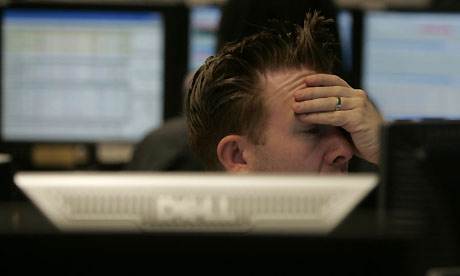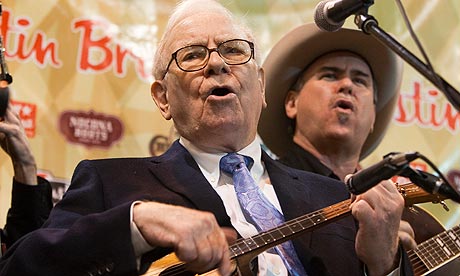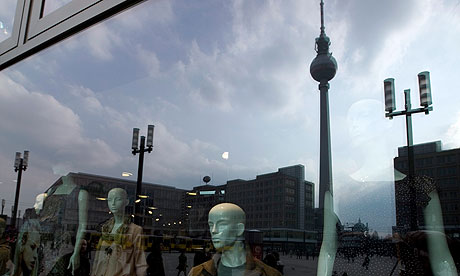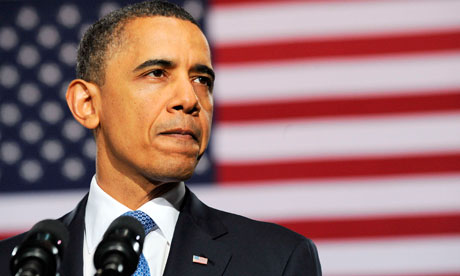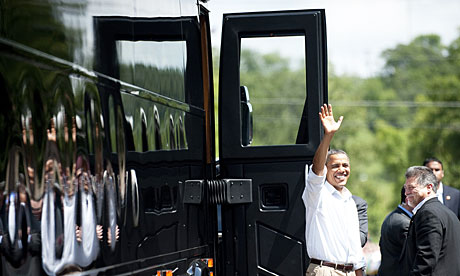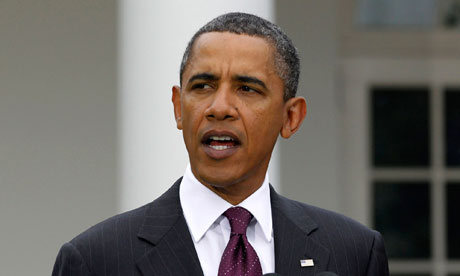Plan for European economic government with single leader, drawn up after mini-summit, cautiously welcomed by UK
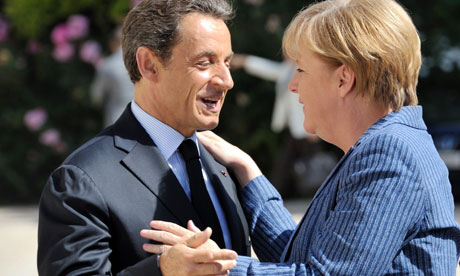

Nicolas Sarkozy and Angela Merkel want to synchronise nations’ tax policies as part of their attempt to save the eurozone. Photograph: Philippe Wojazer/AFP
France and Germany have set out plans to create the first "true European economic government" headed by a single appointed leader, as part of major moves to synchronise tax and spending to save the failing eurozone.
The French president, Nicolas Sarkozy, and German chancellor, Angela Merkel, announced the dramatic proposals after a two-hour mini-summit. They also called for the imposition of tighter restrictions on member country's deficits and announced a synchronising of the tax policies of their own two countries. Sarkozy has also secured the support of Merkel for a Tobin tax – a financial tax on all international transactions – to raise funds to ease the crisis engulfing the European economy.
The establishment of an economic government for the eurozone will be regarded by eurosceptics as a political power grab for Europe.
On Tuesday night, the British government gave a cautious welcome to the move, saying they would adopt a "watch and see" policy. A treasury source said: "This looks like the right direction but we need to see how it pans out. We will continue to advance UK interests at every opportunity." The government has no formal position on the Tobin tax, but has stressed that any such tax would need to be truly international to be successful and not disadvantage participating countries.
The proposals, on the day of dire growth figures for Germany, normally considered one of Europe's safest economies disappointed the markets.
Sarkozy said the most important element was the plan "to create a real economic government for the eurozone".
Merkel said "there has to be a stronger coordination of financial and economic policy" to protect the euro, adding: "We will regain the lost confidence. That is why we go into a phase with a new quality of cooperation within the eurozone."
The European Council president, Herman van Rompuy, will be asked to head the new economic government, and will set and enforce a deadline for all 17 eurozone members to reduce their deficits, putting pressure on countries such as Greece and Portugal to shore up public spending.
Merkel said they had rejected for now the idea of euro bonds, which would have pooled the members states' governments' debts to reduce the overall risk of the eurozone,but neither leader ruled their use out in the future. George Osborne has raised euro bonds as a possible mechanism for shoring up the eurozone, but the idea was politically unpalatable in the German coalition. There was also no movement on the expansion of the zone's €440 billion rescue fund, the European financial stability facility, seen by some as crucial to the future of the zone.
Merkel said all countries in the eurozone should enshrine balanced budgets in their constitutions. "I do not really think we can solve problems with stop-gap solutions," she said.
"We are looking at real, realistic step-by-step measures that we can use to gain back the trust that has been lost, and I do not think that euro bonds would help us in this.
"It's quite right that 17 countries need to make a step-by-step progress."
